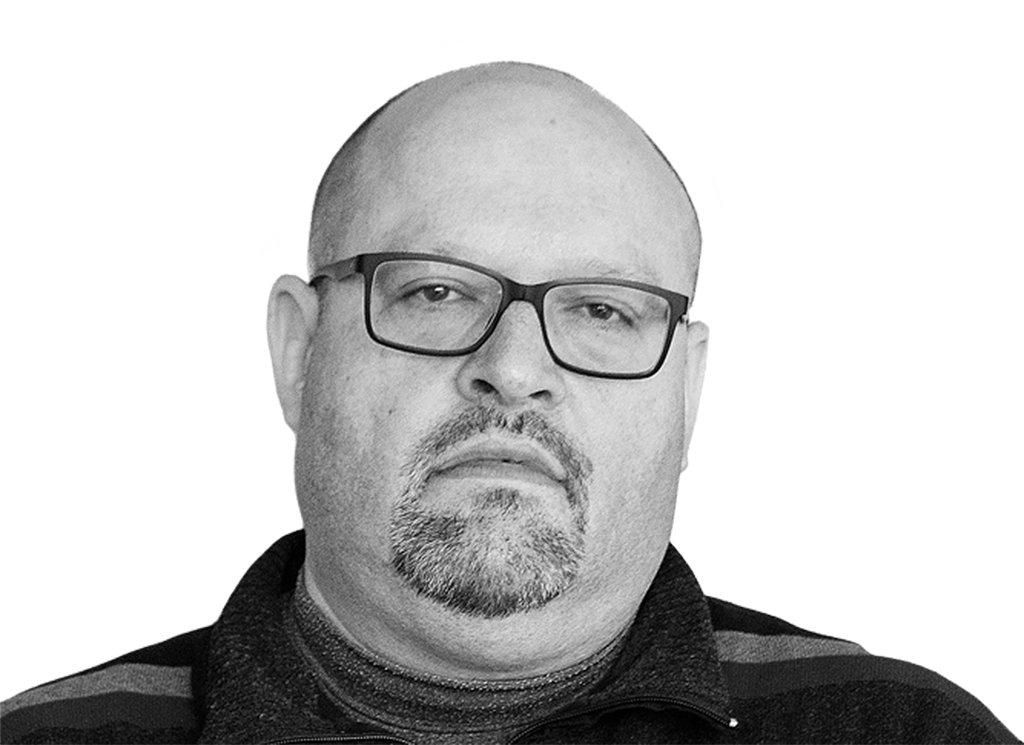The hostility of a large part of politics, the public and civil society towards the current government, has a concrete financial basis. What is behind it, is the great fear that the criteria for the financing of the various non-governmental organisations and their projects could change, which would mean that many of those who are, so to speak, “subscribed” to the funds from the state budget, would be left without them.
When you think of it this way, you can finally understand the chaos that emerged when the information about the Iskreni institute receiving part of the public funds, on the basis of a tender for co-financing the projects that would help the most vulnerable groups of the population amid the COVID-19 epidemic, was made public. Formally, the issue lies in the fact that Janez Cigler Kralj, the Minister of Labour, Family, Social Affairs and Equal Opportunities, is among the founders of the institute. The left-wing opposition immediately filed an interpellation against the Minister, claiming that this was clientelism, even though the Minister was no longer among the founders and did not participate in the selection of the recipients of funds from the tender in question. The fact that the Minister was once one of the founders is by no means a legal reason why an institute should not receive grants.
All of this was accompanied by public discrimination of the “incriminated” civil society organisation. This was the iron repertoire of labels that are usually attached to those who do not agree with the leftist ideologies, or who even publicly oppose them. The institute was said to be hostile towards women and homosexuals, it also opposes abortion and spreads “inappropriate” ideas in general, even though no hostility towards anyone can be detected in the actions of the people from the Iskreni institute. They provide therapeutic and other forms of help to many people in need. Many of them do it for free. However, they are firmly committed to conservative ideas, Catholicism, traditional values, the traditional two-parent family, and share this publicly. This also means that they oppose the LGBT agenda, the gender theory and other products of cultural Marxism. Therefore, according to the “progressives,” they should be silenced and eliminated. The fact that such people can even receive public funds is inconceivable to them.
What is especially twisted, is that people like Marjan Šarec take part in these pogroms. Šarec, who is the main initiator of the interpellation against Minister Cigler Kralj, has previously publicly declared that he is a member of the Catholic church. Apparently, for him, reading at the Sunday Mass was nothing more than bait for the traditionally oriented voters.
The amount of money received by the Iskreni institute in the tender mentioned above is just a drop in the ocean of the funds, received by various left-wing organisations in the past couple of years. This includes organisations that are ideologically just as clearly defined, and their political connections are just as evident, but their concrete contribution to the good of the society is much less evident. Nevertheless, financing them with taxpayers’ money was taken for granted. Similarly, it is also taken for granted that the creators of content with dubious qualities, but with a very recognisable political-ideological provenance, have the status of cultural workers and receive all the benefits of it.
Public financing of the civil society in Slovenia is very unbalanced. The NGOs with the left-wing ideologies receive significantly more funds from the budget than those who associate themselves with the right-wing ideologies. And what is more, the latter are often portrayed by the mainstream media as problematic. Just like in politics, we are also dealing with double standards in this area. And the current attacks on the Iskreni institute are an expression of intolerance towards those who advocate for Catholic and conservative values. Thirty years after gaining our independence, it is high time for this kind of discrimination to end once and for all.
dr. Matevž Tomšič


